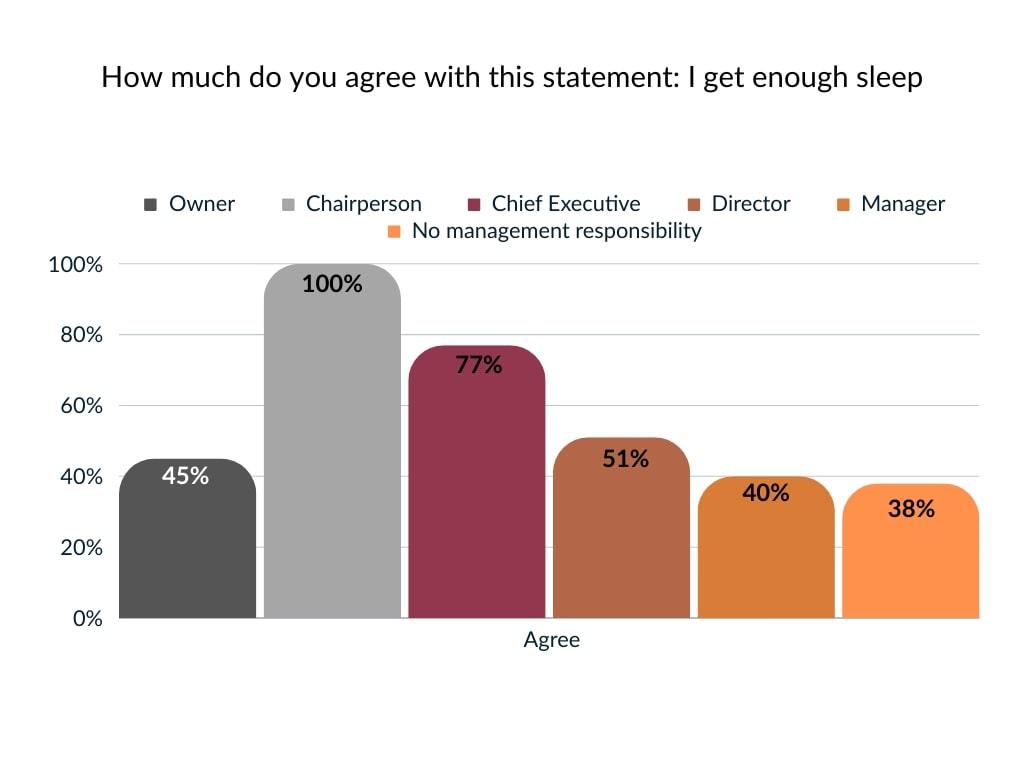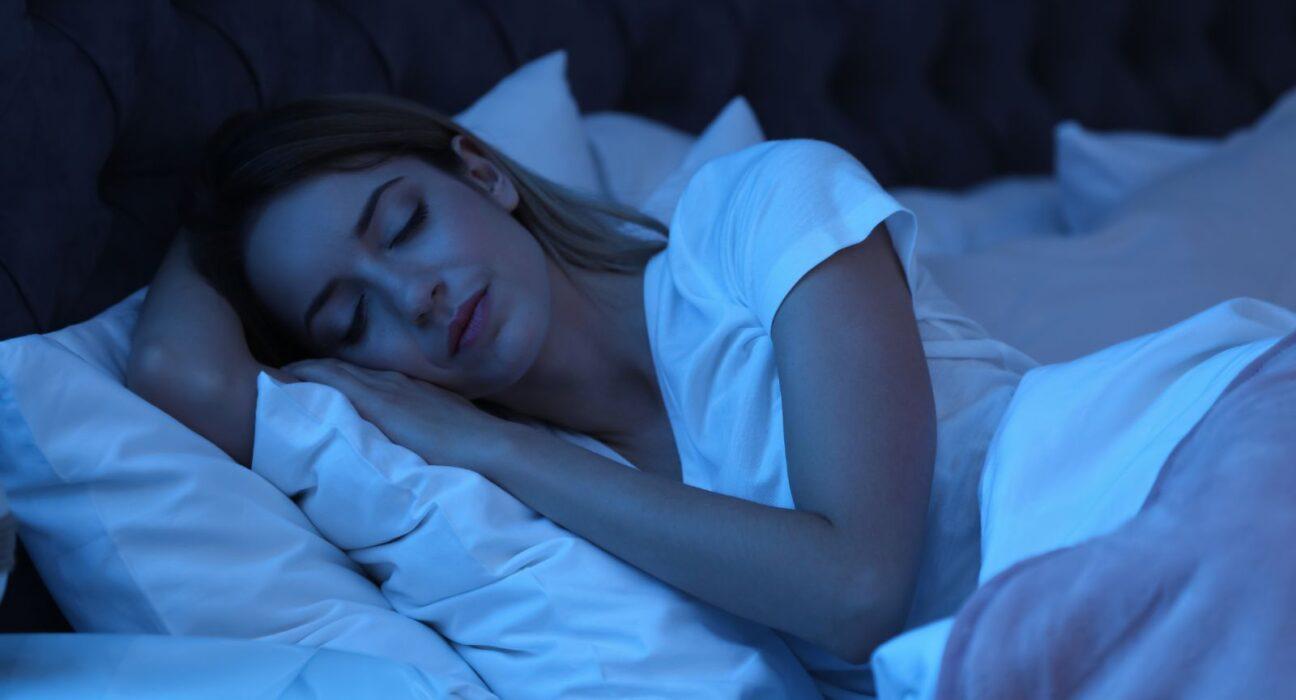It is no secret that sleep is crucial for our overall well-being. Lack of sleep can affect our mood, productivity, and even our physical health. However, the demands of a fast-paced work environment and long working hours often leave professionals with little time for proper rest.
In this post, we will discuss the importance of getting enough sleep, who among professionals gets more sleep, and factors that affect good quality sleep. Whether you are a successful entrepreneur or a business owner, this article will help you understand the benefits of adequate sleep to your well-being.
Importance of a Good Quality Sleep
Getting enough and good quality sleep offers several benefits to us. Let’s take a look at it.
- Improved Cognitive Function: A good night’s sleep boosts cognitive functions including memory, decision-making, and creative thinking, all of which are essential for thriving in professional environments.
- Better Mood: Lack of sleep can lead to high-stress levels and poor mood, which can affect one’s interaction with colleagues and overall work performance. On the other hand, sufficient sleep enables better emotional regulation and positivity.
- Enhanced Physical Health: Adequate sleep is linked to a healthier heart, lower blood pressure, and improved immune function. It also aids in maintaining a healthy weight, reducing the risk of chronic diseases.
- Increased Productivity: Sleep deprivation can lead to decreased productivity levels, harming the professional’s performance and the overall efficiency of the organization they work for.
3 Factors Affecting A Good Quality Sleep
Getting a good quality sleep is important but it’s not always easy for everyone. Let’s explore some of the primary factors affecting the quality of your sleep.
Sleep Hours
Experts say that adults should get between 7-9 hours of sleep per night. However, based on NHS findings, 45% of people living in Britain fail to meet these requirements and sleep for less than 7 hours.
The study also revealed that seniors, those over 50, tend to get more sleep than junior professionals. While seniors averaged 7.3 hours of sleep, juniors only slept for an average of 6.5 hours per night.
If you find that you are not getting enough sleep, make it a priority to adjust your daily routine to allow more time for rest. Consider eliminating time wasters such as scrolling through social media before bed or staying up late to binge-watch a TV series.
Sleep Patterns
The quality of sleep also depends on our sleep patterns, specifically our circadian rhythm, which is our body’s natural 24-hour sleep-wake cycle. Our bodies are programmed to follow this pattern, with a dip in energy around 2-3 pm, and a release of sleep-inducing hormone melatonin in the evening. However, our busy lives often make it difficult to maintain this pattern.
Irregular work hours or travel across different time zones can disrupt our circadian rhythm. To improve sleep patterns, make sure to build a consistent sleep schedule, avoiding drastic changes in your sleep routine even on weekends.
Moreover, sleep patterns differ across professional roles; our survey findings indicate that individuals with more senior positions at work achieve more sleep. Out of all senior roles, owners get the least sleep with only 60% of them getting 7 or more hours. This is still more than managers and non-managers get.
Mattress Quality
The importance of a good quality mattress cannot be overstated. A comfortable and supportive mattress can significantly improve sleep quality and duration. Look for a mattress that supports your spine while also providing comfort to relieve pressure points.
The right pillow can also make a world of difference. Avoid distractions like electronics or even pets in the bedroom. A calming, peaceful environment is crucial to getting a good night’s sleep.
Who Gets More Sleep? Seniors Vs. Juniors

When it comes to sleep patterns among professionals, age and experience can play a significant role. According to a survey conducted by Expert Reviews, professionals in senior roles at work get more sleep than their junior counterparts.
The findings reveal that owners, chairpersons, CEOs, and directors consistently report higher sleep amounts than managers and non-managers. However, despite this, only 45% of business owners feel they get sufficient sleep, ranking the lowest among senior management members.
Senior professionals seem to be getting more sleep compared to their junior counterparts. This could be attributed to their ability to manage their time and tasks more efficiently, having honed these skills over many years of professional experience.
Conversely, junior professionals, often keen to prove their worth and climb the corporate ladder, may find themselves working late hours or bringing work home, thereby cutting into their valuable sleep time.
This divergence in sleeping patterns between seniors and juniors underscores the importance of work-life balance and effective time management skills.
Conclusion
Sleep is essential for overall well-being and productivity. Professionals, especially those in high-performance positions, need to prioritize getting enough sleep. Senior professionals tend to get more sleep than juniors, who may need to adjust their daily routine to allow adequate rest.
Improving sleep patterns and investing in a good quality mattress can significantly improve sleep quality. Remember that a consistent sleep schedule and a peaceful, distraction-free environment are crucial to good sleep. Prioritizing sleep is a smart investment in your personal well-being and professional success.












